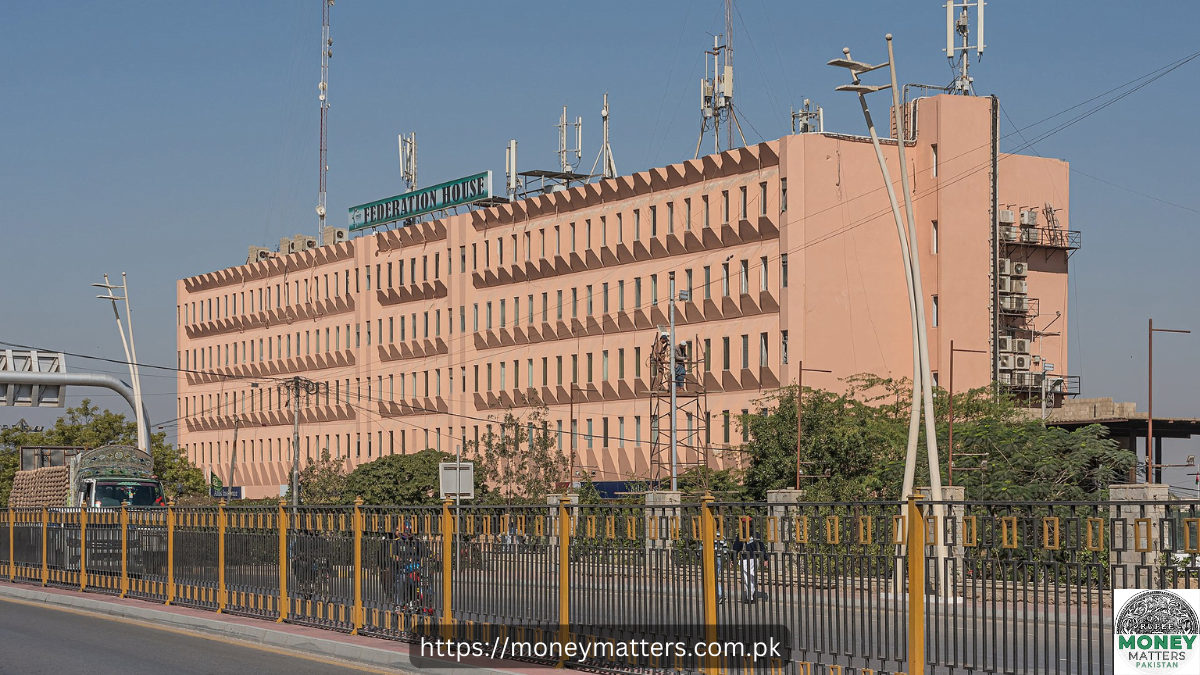Key Points:
- FPCCI’s BMP emphasizes joint efforts for economic recovery.
- Inflation expected to remain high at around 25 percent.
- Pakistan faces significant economic challenges including fiscal deficits and external debt pressures.
- Government seeks extended IMF bailout amid economic difficulties.
Islamabad: The Federation of Pakistan Chambers of Commerce and Industry (FPCCI)’s Businessmen Panel (BMP) has called upon the government to prioritize economic recovery amidst challenging times. The BMP Chairman, Mian Anjum Nisar, highlighted the urgency of collective efforts to address Pakistan’s economic woes, projecting a modest growth of 1.9 percent for the current fiscal year.
Economic Challenges and Inflation Concerns
Nisar warned that inflation is anticipated to hover around 25 percent throughout the year, posing significant hurdles to economic stability. He underscored Pakistan’s struggle with high inflation rates, fiscal deficits, and mounting external debt pressures, emphasizing the need for decisive actions to navigate these challenges effectively.
Debt Burden and Fiscal Imbalance
Pakistan’s fiscal framework continues to grapple with a low tax-to-GDP ratio, necessitating heavy reliance on borrowing and external assistance to bridge fiscal gaps. The country faces recurring budget deficits as expenditures exceed revenues, leading to an escalation in national debt burdens. Debt servicing consumes a substantial portion of the budget, limiting allocations for social welfare and development initiatives.
Challenges in Energy Sector and Business Environment
Circular debt persists as a critical issue in Pakistan’s energy sector, exacerbating financial strains and impeding capacity to meet rising energy demands. The country also faces obstacles in its business environment, ranking unfavorably internationally for tax payments and regulatory ease. Businesses contend with multiple taxes and lengthy bureaucratic processes, hindering operational efficiency and growth potential.
IMF Bailout and Economic Outlook
Amidst economic strains, Pakistan secured a $3 billion short-term loan from the IMF to stabilize its economy, with the final tranche pending release. The government is now negotiating an extended bailout program with the IMF to bolster its financial resilience amidst ongoing economic challenges. The Asian Development Bank (ADB) suggests that continued implementation of structural economic reforms could position Pakistan favorably to address financial pressures and spur growth.
Future Projections
Looking ahead, growth prospects for FY2024 remain subdued with a projected GDP growth of 1.9 percent, contingent upon effective reform measures and political stability. The outlook for FY2025 suggests a potential pickup in growth trajectory as reforms take effect and governance stabilizes.
Conclusion
Chairman Nisar stressed the critical nature of governmental action in tackling Pakistan’s economic predicaments, exacerbated by global economic uncertainties and internal fiscal constraints. He urged unified efforts towards economic recovery, emphasizing the imperative role of effective governance and public welfare commitments.
In conclusion, the economic landscape remains challenging for Pakistan, requiring concerted efforts across sectors to achieve sustainable growth and alleviate financial pressures.




